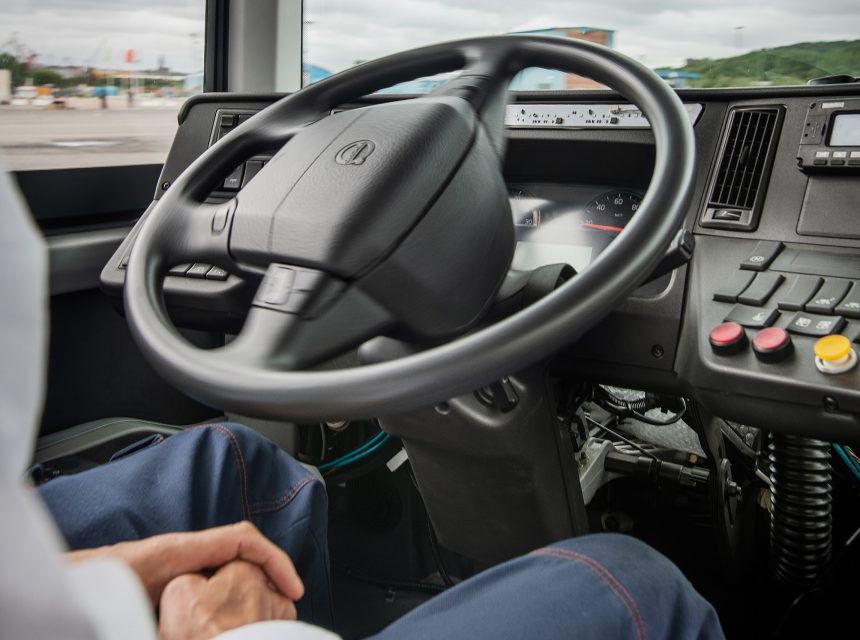Autonomous vehicles are part of a hypothetical long-term solution to the driver shortage for some coach and bus operators, but they are nothing more than the figment of an overactive Jetsons-influenced imagination for others.
Once suggested as likely was that, if full autonomy in coach or bus arrived, it would open PCV ‘driving’ to those who may otherwise have struggled with the act of piloting a large vehicle, but could deliver well in an alternative customer service role.
Brave is the operator that would remove all onboard staff from services other than those within a heavily controlled environment. Otherwise, running with no human presence at all is inconceivable, although depot autonomy still holds promise.
That is part of a line of thought adopted by Volvo Buses. In the past, it was keen on autonomous driving. That is still the case, but now, it seems, with the technology taking a more passive role than overseeing a coach’s passage between Manchester and London or handling a busy urban bus service with no human influence on the vehicle’s path or speed.
The safety-led Swedish OEM thus believes that in addition to depot and ‘closed quarters’ applications, autonomous driving will deliver its biggest benefit in slow-speed theatres where a high level of concentration is required of a human pilot.
Docking at bus stops is such a task. In an example shown by the manufacturer, the driver can hand over control of the vehicle to its autonomous mind. A smooth halt will follow with no risk of the minor vehicle damage that is not unheard of in such situations, the theory goes.
Even then, it is unclear what will happen if the stop is fully or partially obstructed, another bus is ahead, or any other unpredictability is in play. A recent demonstration showed that while it is indeed smooth and accurate, it would be equalled in those stakes by a competent human driver, and at the same time comprehensively beaten in speed terms.
For a company like Volvo to cool any enthusiasm for level five autonomous driving is notable. One of its senior safety leaders says that full autonomy for a journey that interacts with other road users is “a challenge.”
A mixture of what they term “disturbances” – pedestrians, cyclists, and even varying light and weather conditions – adds further complication and opens the door to “strange scenarios.” The latter are likely not what an operator would want its fleet exposed to, whatever they may be.
Tellingly, Volvo’s safety leader notes that while autonomous vehicles have been spoken about for many years, few of them are on the road in anger (although they do exist in the UK via the CAVForth project in Scotland and the Mi-Link service in Oxfordshire). Other stakeholders adopt a different position and believe that the technology will bloom further.
But sight of a fully autonomous, unattended coach or bus on the UK’s roads looks as far away as it ever has. That may disappoint some. To others, it will represent a return to reality.
























